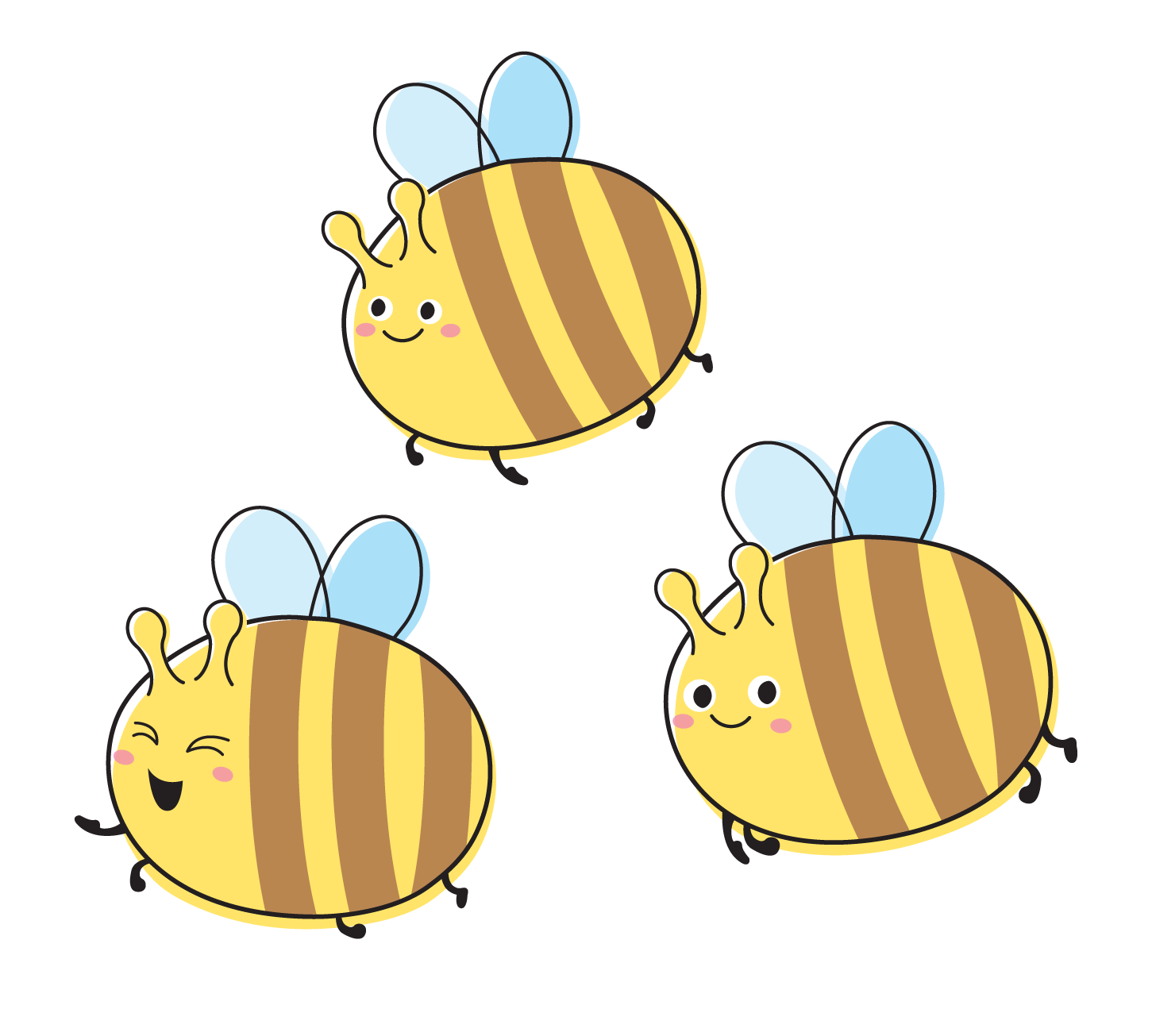Author: Hong Kong Christian Service (Early Childhood Education Service)
“I’ve told him so many times, but he never listens!” “Even when I ask him to tidy up his toys, he does it so slowly.” “He understands what I’m saying, but he doesn’t follow through.” “He doesn’t know how to do it, so let me handle it!” Have you had these conversations in your everyday parenting life? As a parent, do you believe that because children are young, there are many things they can’t handle on their own, and it’s the responsibility of adults to teach them, and they should follow and listen to what adults say and instruct? Often, we unconsciously ask children to do things in our own way, but what do you do if the child doesn’t complete the task according to your guidance? Do you ask them to do it again? Do you ask them why they did it that way? Or do you step back and observe? As it turns out, when you take a step back and “follow the child,” you will discover a wealth of treasures and learn more about your child.
What does "following the child" mean?
Dr. Maria Montessori firmly believed that “following the child” is an essential part of education. Does it mean that parents should simply indulge and follow the child’s ideas? Not at all. She believed that each child has a unique personality, temperament, and learning needs. Therefore, Montessori emphasizes respecting the child’s choices and deciding when to let go, when to intervene, and when to assist based on the child’s interests and pace. This allows them to learn to make independent choices and explore, thus fostering independence. Therefore, “following the child” means that we need to believe in children, believe in their ability to learn, and give them enough time to explore and try to solve difficulties. When children have enough time to discover, face, and solve problems on their own, the experience of breaking down difficulties one by one boosts their self-confidence and problem-solving skills significantly. Even when faced with challenges in the future, they will not shy away. So, what should parents do during this process? What should they not do?
The Role of Parents
Parents should identify their child’s strengths and strengthen them; identify their weaknesses and provide assistance; and identify their interests and expand upon them.
Observing the child:
To follow the child, the first thing to do is to observe your child. What do they spontaneously engage in? What skills are they learning? Do they enjoy asking questions? Do they like playing with water? Non-judgmental observation is crucial. Starting now, you will realize that adults often have their own expectations and preconceived ideas about what children should learn. But the truth is, they know what they need.
Prepare an environment of freedom:
Have you noticed that when children are in a safe environment, they show their true selves to adults and freely explore? Therefore, while observing the child, a prepared home is essential. “Prepared” means that the child can freely use tools suitable for them, engage in activities freely, and make choices freely. Prepare a home that encourages independence.
Provide Freedom Within Limits:
Is there so much freedom that they can do whatever they want, whenever they want? Absolutely not. This is a common misunderstanding parents have about Montessori. In fact, if we don’t respect ourselves, others, and the environment, we will face consequences. So, appropriate limits and interventions are necessary when these situations arise.
Offer activities based on their interests and needs:
When you observe and understand a child’s needs and development, you can provide them with appropriate activities that meet those needs, allowing them to explore freely. For example, if you see that a child is struggling with buttoning clothes, you can prepare various types of buttons and zippers for them to practice. If you notice that a child enjoys playing with water, you can provide pouring activities. This way, you satisfy their interests and needs.
The most challenging part of this process is that parents often can’t resist intervening. When they see the child not doing something well, they immediately want to correct them. This creates a cycle where the child becomes overly dependent. On the other hand, if parents give children space and time, over time, you will see a different child, and you will be amazed.
References:
- Maria. (2007). Education for a New World. The Netherlands: Montessori-Pierson Publishing Company.




